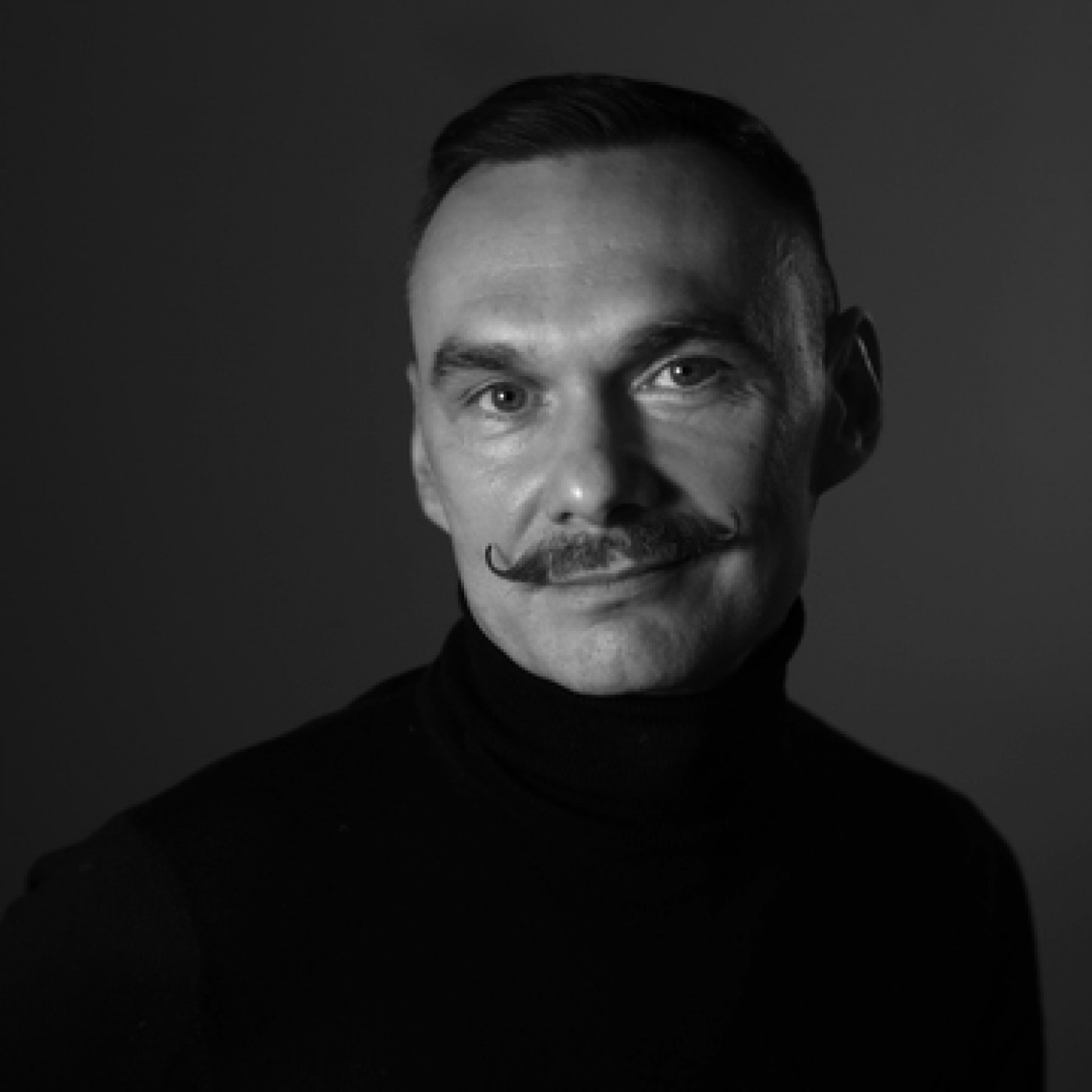Sep 02 2024 30 mins
My guest today is documentary filmmaker Askold Kurov, whose latest film, “Of Caravans and Dogs,” was screened this past June in England as part of the Sheffield Documentary Film Festival, the largest festival of its kind in the UK.
According to the festival programme, this “bold and compelling documentary looks at the curtailment of press freedom in Russia on the eve of and during the invasion of Ukraine.” The credits list two directors. One is “Anonymous Number 1” and the other is our guest today, Askold Kurov.
This podcast was recorded on 29 August 2024.
My questions include:
1. Askold, I watched your film with great interest. Please explain the origins of the title.
2. In the Sheffield Docfest programme, your unique access to people and events is much praised. Tell us how the documentary came about? In the credits, it says that the film was made with the support of Novaya Gazeta. Was it their idea or did you approach them with the idea?
3. Tell us about the relationship between you and your team. Your co-director, as well as two others in key roles – the sound recordist and the editor - all chose to remain anonymous, but you didn’t.
4. I heard a journalist at TV Dozhd say that the Russian authorities had played the independent opposition media, that they had done everything to get opposition journalists to quit Russia voluntarily so that there would be no one left to push back against government pressure and censorship in Russia. What do you think?
5. You didn’t leave Russia straight after the beginning of the war. You now live outside Russia. What prompted your departure finally?
6. Do you keep in touch with your “anonymous” colleagues from the film? How are they doing?
7. Many people, including in your film, talk about Russian journalists’ own self-censorship. Do you think this is an option? Does it promote or destroy quality journalism?
8. Access to all independent sources of information in Russia is increasingly restricted. What sources of information remain open to Russians and is there a demand for it? Has this changed since the Ukrainian army’s recent incursions in the Kursk region?
9.. Tell us a little about yourself. Where did you grow up and how did you become a documentary film-maker?
10. I remember very well the strong impression I took away from your 2017 film about Ukrainian film-maker Oleg Sentsov, who was arrested during the annexation of Crimea and taken away to be imprisoned in Russia. What did your close interactions with and observations of Ukrainians reveal about the differences between Ukrainians and Russians?
11. Could you have predicted then that Russia would start a full-scale war against Ukraine?
12. How do you see the war ending?
13. Are you currently working on a new project?
14. How do you find living in a foreign country?
15. How do you see your future? In Russia? Under what circumstances?
